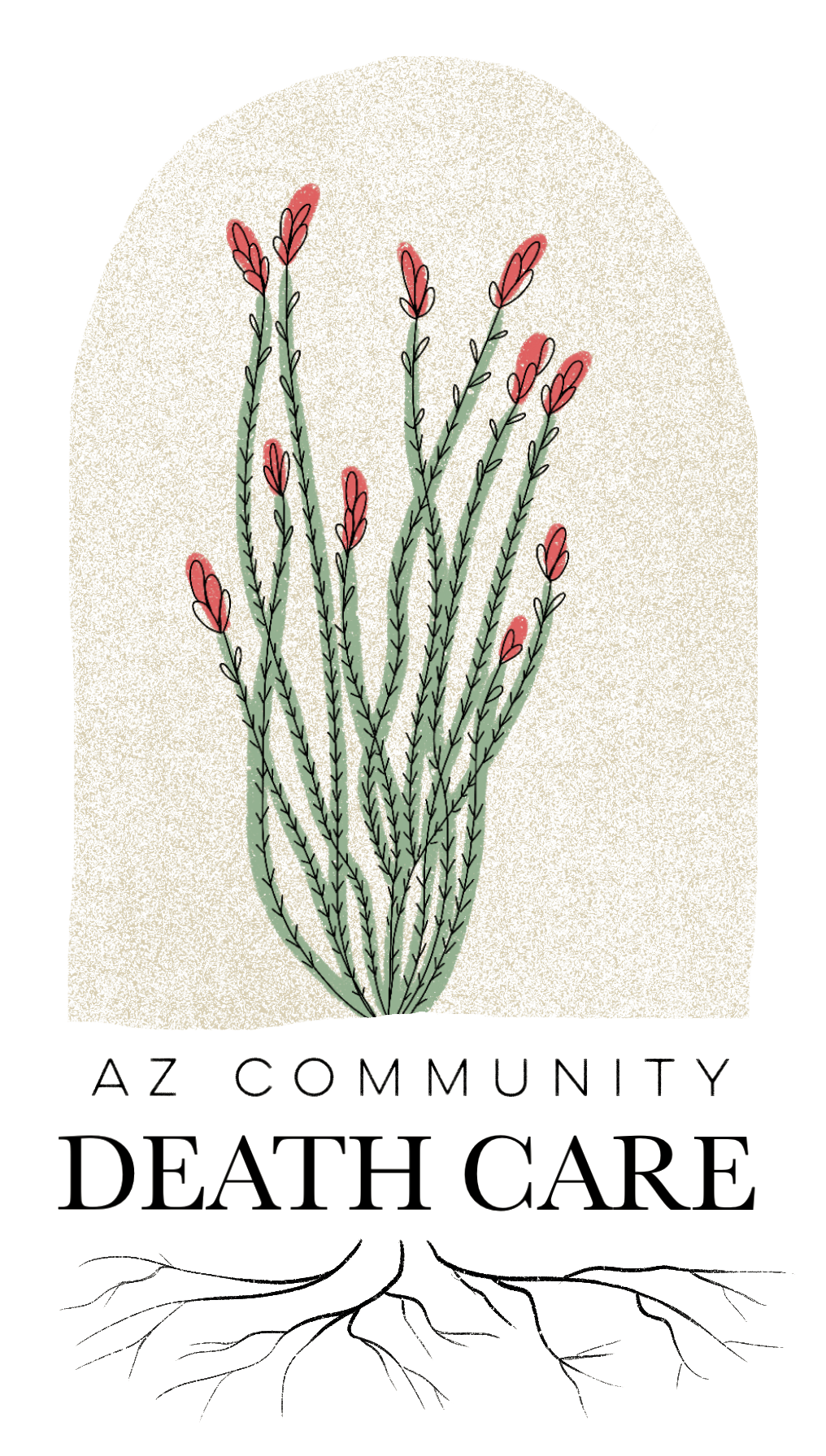Why Families Comes First
“Care of the body after death engages our hearts, minds, bodies and spirits in a compassionate way and usually helps to facilitate healthy grief processes.”
From Families First: Home Funerals and the National Home Funeral Alliance by Lee Webster
The Fundamental Premise: Home Funerals are Family-Centered
At the root of the home funeral movement is the primal need—and right—of families to care for their own dead. The close network of individuals who make up their social constellation, whether related by blood or by experience, will comprise the community of care that will bear witness and form the experience, led by the legally appointed next-of-kin or designated agent. This community has an important job to do in supporting the family who is, to all intents and purposes, in charge from the moment of death to disposition.
“A home funeral happens when a loved one is cared for at home or sacred space after death, giving family and friends time to prepare the body, file legal paperwork, and gather and grieve in private. Home funerals can be held at the family home or not. Some nursing homes, church community care groups and funeral homes may allow the family to care for the deceased after death. The emphasis is on minimal, non-invasive, and environmentally friendly care of the body. Support and assistance to carry out after-death care may come from home funeral educators or guides, but their goal is to facilitate maximum involvement of the family in charge of the funeral process, and their social network.”
From NHFA Code of Ethics, Conduct and Practice
Home funerals are an organic response to the intimate process and aftermath of death, and are as different as the people whose lives they honor. Once families are confident that they are acting within the law, their imaginations and hearts become their guide in how to best proceed. The missing piece is often the practical how-to of providing care: how to process paperwork, how to best care for the body, how to make arrangements for services and disposition. With the right tools, families innately sense what is needed next: ways to bring meaning to the experience by all within the larger community.
“…[T]hose who have participated in home funerals confirm their healing benefits…With each passing year, more people choose to reconnect with this sacred tradition and welcome the funeral back into the intimacy of the home.”
“Although family-directed home funerals take more effort to arrange and carry out, many families feel they are more meaningful and healing than those arranged for them by a funeral director. A home funeral can help people gently integrate the death into their lives…”
“A home funeral offers mourners a sense of control and helps them feel useful. It also enables families to create the ambience, to decide how the body is to be treated, to choose—without pressure—how to facilitate the most meaningful gathering for their loved one’s farewell…”
“Ultimately, there is no one right way to hold a funeral. Every family is unique, and there are many options available to reflect that individuality. The family-directed home funeral offers a final, loving, hands-on opportunity to honor our dead and send them on their way–in their home, surrounded by the people who love them.”
From Undertaken With Love
The prime directive of home funeral guidance is this:
home funerals are created and conducted by and for families.
Home funeral guides empower and educate families to conduct after-death care themselves as their state law allows. They may charge for educational and consultative services only; all voluntary services are performed free of charge and at the request of the family.
Home funeral guides do not arrange funerals; they support the family in their own efforts to plan and make connections to goods and services.
From Essentials for Practicing Home Funeral Guides
Want support caring for your own?

